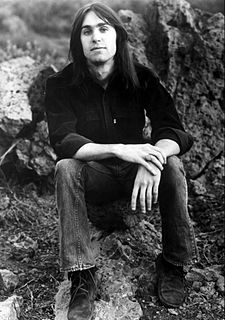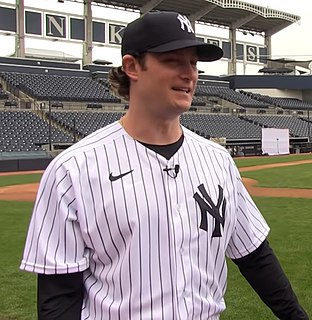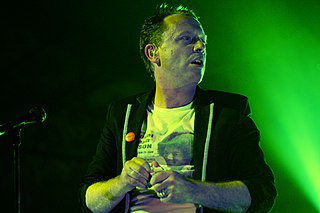A Quote by Dan Fogelberg
Storybook endings never appear. They're just 'someone's' way of leading us here.
Related Quotes
Science, pure science, is leading us in a sense astray. Leading us astray with the idea that everybody has got to have everything that they want even if it means polluting the entire environment. It is a case of lets just keep one or two canisters of the smallpox virus because we'll never know when we might need it. Science is becoming very much a Dark Power, in many ways.
As we blossom or awaken, we begin to notice there is a force in the world that seems to be operating and leading us into a certain destiny. And it's very much a kind of detective effort on our own part to figure out what these things mean. The synchronicity is essentially a meaningful coincidence that brings us information at just the right time. While leading us forward, it also feels very inspiring and destined in a way. It feels like we're on a path of unfolding in our own personal evolution.
People relate to things that feel real to them. All the good, happy, over-sexed and moneyed endings on TV are not the way most of us feel in our lives. The success of 'E.R.,' I think, is not relying on overly sentimental stories that are solved where people's lives wrap up nicely with happy endings.
If someone's lying to us, then it's rare that we know that they're lying to us. It's only in bad films that you recognize immediately that an actor's playing in such a way that you can see that he's lying, and that's simply dumb. But to reach that, it requires that you make a film in such a way that a spectator feels compelled to find his own explanation. You want to lead the spectator to find his own interpretation. To ask questions rather than provide all of the answers. Doing that leads to open endings and open dramaturgy.




































